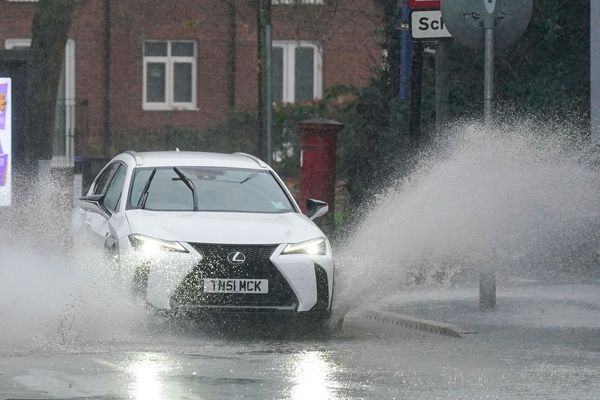
Tensions between the United States and Iran continue to escalate as fears of a wider war intensify. Experts are concerned that Iran's provocative actions could lead to further aggression if not properly addressed. While many propose a more aggressive military response, there are alternative measures that could be taken to deter Iran's behavior.
One immediate step that could be implemented is the reimplementation of harsh sanctions on Iran's economy. By reverting to the pre-JCPOA (Joint Comprehensive Plan of Action) sanctions, the United States could bring Iran's economy to a grinding halt. This would send a strong message to the Iranian government and potentially curtail their aggressive actions.
Additionally, efforts should be made to target the forces in the region that provide the Houthis with targeting data. By eliminating this source, the ability of the Houthis to accurately attack shipping in the Red Sea, the Strait of Bab el-Mandeb, and the Gulf of Aden would be severely hindered. This would not only protect commercial vessels but also send a clear signal to the Iranian leadership.
However, some analysts express concerns about the current administration's commitment to taking such measures. Previous administrations have shown a strong desire to preserve the JCPOA, even going as far as offering concessions and providing funds in exchange for prisoners. It remains uncertain if the current administration will be willing to take more assertive actions if the need arises.
Nevertheless, the situation in the Middle East calls for serious consideration. The United States is currently in a period of strategic danger, with global powers like Russia and China exerting influence in the region. It is imperative for decision-makers to prioritize the safety and security of not only the United States but also its allies.
Moreover, there are growing concerns about Iran's use of inexpensive drones and missiles in their proxy conflicts. The cost disparity between defending against these attacks and the cost of intercepting them is significant. This raises questions about the potential economic impact and the need for more efficient defense strategies.
Finally, experts warn that Iran's continued probing through these attacks serves as a learning opportunity for them. Each engagement with the Houthis allows Iran to study US tactics, techniques, and procedures. This information could be used to develop strategies in the event of a larger regional conflict, potentially disrupting global shipping and oil supplies through the Strait of Hormuz.
As tensions continue to rise, finding a balance between deterrence and avoiding an all-out war is crucial. The United States and its allies must carefully evaluate their options and consider both immediate and long-term consequences to ensure the preservation of global security and stability.







